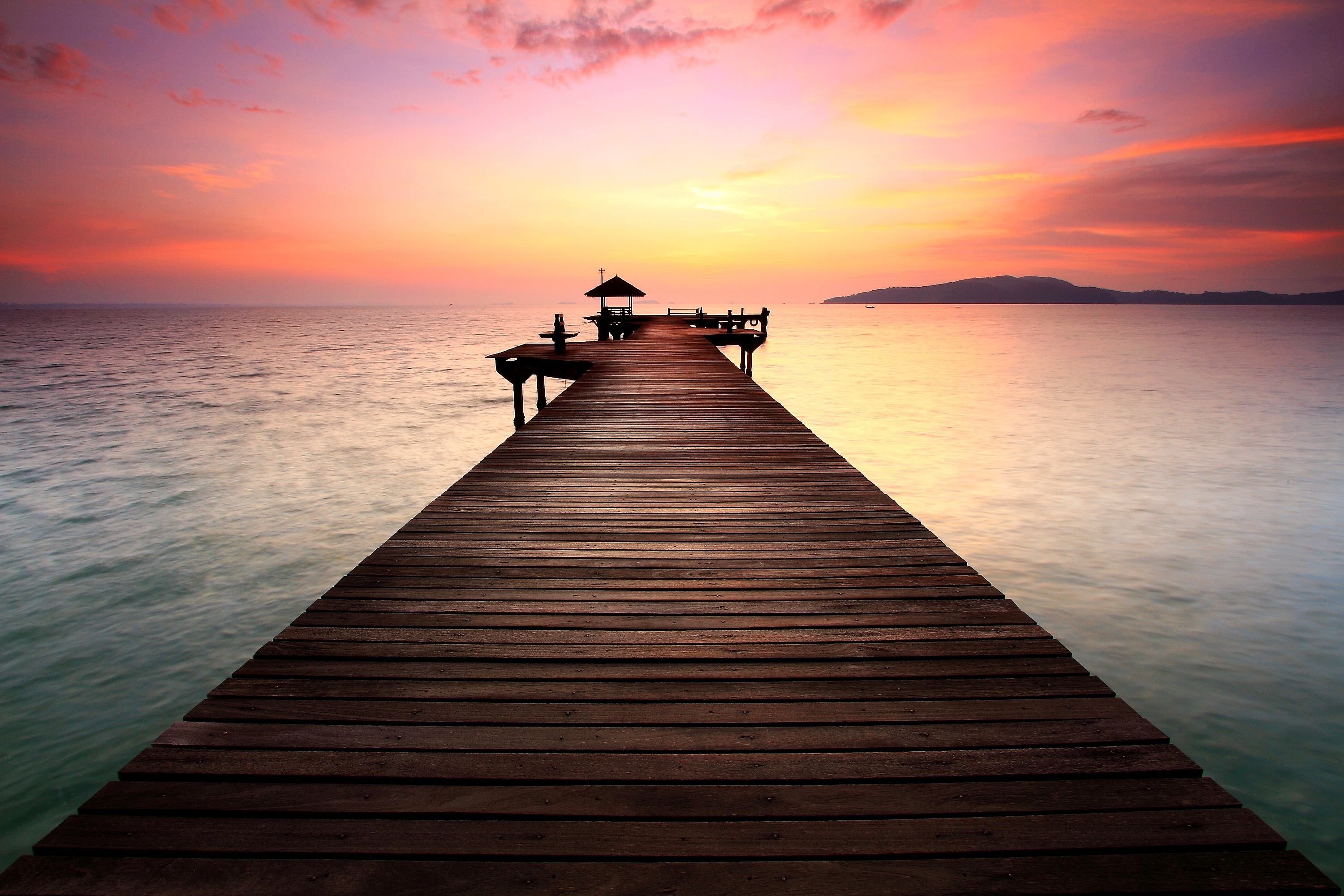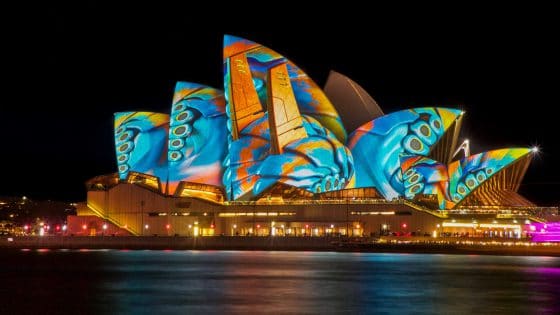By, PRCO
2020 presented the hospitality sector with a unique set of challenges. However, we learned that the consumer appetite to travel was not blunted by Covid-19, even if the ability to travel was curtailed.
As borders reopened over the summer, the demand for leisure travel, particularly in the UHNWI market, soared. In October, the Financial Times reported that many of the world’s billionaires have seen their fortunes rise to record levels during the COVID-19 pandemic, as many benefited from high-risk investments in volatile markets and profited from the tech boom.
Despite the circumstances, 2020 proved to be a remarkably positive year in terms of holiday bookings for UHNWI, particularly in destinations that are accessible by private jet and with private villas. Ultima Collection, an ultra-luxury collection of private 5-star hotels, villas and residences across Europe, saw an increase in bookings once borders reopened thanks to the exclusivity and high level of privacy that their properties offer. The brand also reported that 95% of their guests in 2020 arrived by private jet.
The 2020 Amex Consumer Trends Report polled 2000 individuals who took at least one holiday in 2019 and identified that travel was the top purchase that respondents are saving for in 2021. There is every indication that once borders reopen, and, in conjunction with mass vaccination programmes, the demand and willingness to travel will once again soar. We take a look at how different markets are approaching travel in 2021 with trends, observations and predictions across the UK, Russia, the GCC and Asia.
Asian Market
Increased demand for private group holidays
Health and social distancing measures continue to be a priority across Asia, whether it is the chosen destination or type of travel. Travel bookings in 2020 have shown a significant shift away from group tours to private groups and free independent travellers (FIT). The China Tourism Academy reported that in the southeastern city of Fuzhou, less than 2% of holiday travellers were part of an organised group tour, whilst Trip.com reported a 100% year-on-year increase in private family groups.
A focus on nature-led, domestic tourism
Travellers are opting for open spaces with high hygiene standards and social distancing measures. Whilst the world is celebrating the rollout of vaccines, local destinations that offer outdoor adventure experiences will continue to be travellers’ top choices over cities. In China, domestic tourism will continue to boom in 2021 – China’s October Golden Week in 2020 championed Sanya as the leading destination to travel to, followed by Shanghai, Beijing, Chengdu and Hangzhou.
Virtual travel is here to stay, for now
Live-streaming is also here to stay for China’s travel businesses whilst the travel industry recovers. Trip.com co-founder James Liang has sold US$294 million in holiday packages and hotel rooms by hosting 25 live streams in ancient Chinese hanfu garments. Liang’s entertaining video campaigns, incorporating traditional Chinese performance arts such as crosstalk and Sichuan “face-changing” opera, have made him an internet celebrity.
UK Market
The year of the double-holiday
Several luxury UK tour operators are noticing an increase in the budgets amongst existing clients, as well as new inquiries, for an average long-haul trip. Abercrombie & Kent recently noted that ‘big’ holidays to coincide with missed milestones as well as having a year ‘off’ travel are resulting in bigger holiday budgets. Furthermore, in 2020, many employees faced cancelling their holidays, choosing to carry days over into 2021 and allowing for longer trips once restrictions ease.
The demand for travel in 2021 is therefore presenting itself in an entirely different way than experts have studied before, with more time, bigger budgets and the burning desire to spend extended quality time, in safe and exciting destinations, with those who matter most.
Recovery period allows for peaceful visits to tourism hotspots
In 2021, well-travelled individuals are likely to think smart and use this recovery period to venture to typically overcrowded destinations that are usually plagued by tourists. While the industry as a whole is unlikely to see figures bounce back to pre-pandemic levels, the avid and well-versed traveller can capitalise on a unique opportunity to see destinations in a way we haven’t for decades, before the onset of ‘over-tourism’. In other words, be granted the ‘keys to the city’. Once travel restrictions are lifted, travellers could find the streets, piazzas and promenades of Florence, Venice and Rome refreshingly empty and the beaches of Skiathos and Mykonos virtually unscathed.
Russian Market
Long-haul optimism shines through for Russia
Russia has been one of the key markets for the luxury travel industry and the pandemic has shown that Russians are ready to travel despite COVID-19 – albeit differently than before.
According to Vedomosti, in 2021 Turkey, the UAE, Cuba, Tunisia, Egypt, the Maldives, the Mediterranean, Dominican Republic and Thailand will remain popular destinations for Russian travellers, subject to their opening. The report noted, “the statistics for 2021 holidays show the optimism of Russian travellers. Even Thailand and Indonesia, which are currently closed for tourists, were included in the top searches.”
Down-to-earth authenticity
A growing interest in a relatively new trend for the Russian market is gaining momentum: glamping. In 2019, there were 60 glamping sites within the country and in 2020, there were over 120 with the number continuing to rise, signalling the increased demand for authentic, nature-led, domestic holidays. With this growing tendency in the country, Russians will be eager to rediscover glamping abroad once the borders are open and opt for unique experiences and ecotourism.
The rise of the ‘workation’
In 2020, it was reported in the research by SearchInform that 23% of companies in Russia have decided to completely switch to remote working. This, combined with the country’s ambitious mass vaccination programme, will allow Russian travellers to travel abroad for extended ‘workcations’ as well as a resurgence of long-haul leisure travel.
Conscious travel: from wellness to sustainability
The pandemic has brought more attention to the importance of prioritising health and wellbeing than ever before. While wellness holidays were gaining momentum pre-pandemic, they have emerged as a top trend for 2021 travel in Russia. Additionally, the planet’s health is no less important to Russian travellers as their own, with conscious and sustainable travel becoming an increasingly important factor for many Russian travellers who are more aware and educated on environmental issues.
GCC Market
Luxury travel has been a lynchpin for the GCC economy, specifically driven from the UAE, which leads the way globally in terms of destination marketing. Before the pandemic, the direct contribution of travel and tourism to the Middle East’s GDP was predicted by the World Travel and Tourism Council to reach $133.6 billion by 2028.
Accelerated vaccine rollout fuels a year of recovery
Given subdued oil prices and a general economic slowdown due to COVID-19 restrictions, it is clear that the regional economy will be relying on travel and tourism to recover quickly, evidenced in the rapid roll-out of the vaccine in the UAE, which is leading the world in terms of vaccines per capita and has already vaccinated a fifth of the population.
MENA Hotel Forecasts estimates that 2021 will be a year of recovery, based on the assumption that hotel performance across the region is already improving. Major destinations such as Dubai and Cairo are estimating 2021 occupancy levels of 68 per cent and 65 per cent respectively. Overall, the average year-on-year growth of the 20 destinations researched was 47 per cent.
Outbound tourism to recover faster than inbound
Many of the important source markets of UAE tourism are in regions where the vaccine response is not as far progressed, such as Europe. Therefore, whilst international travel routes remain unclear, experts are looking to the domestic market to fuel occupancy, especially in the short term, with 2021 expected to continue 2020’s theme of being the year of the staycation.
Outbound travel is expected to accelerate quickly once flights and borders open up. In a recent survey of UAE residents by travel company Kuoni, 50 per cent of survey respondents, which included Emirati Nationals, said that they are planning three or more holidays in 2021 if global travel advice allows, with the main reasons being missed holidays due to the pandemic and the desire to revisit treasured destinations with their families.
PRCO is a global communications group specialising in promoting organisations in the travel, real estate, and luxury lifestyle sectors. The Group was founded in 1989, the company’s offices are located in London, Paris, Milan, Munich, Moscow, Dubai, Hong Kong, and Shanghai.
Do you have an article, infographic, podcast, presentation slides, press release or a key individual from your organisation that you'd like to highlight on Marketing In Asia? Head on over to Upload Your Content for more info.



















